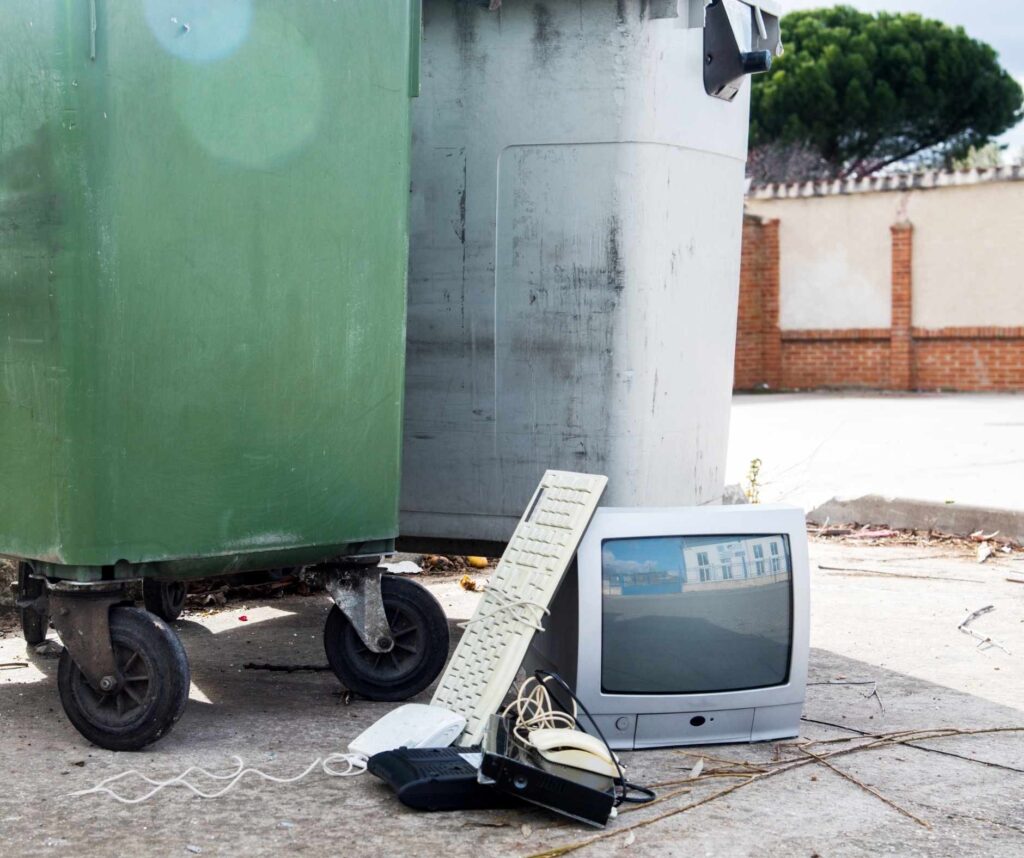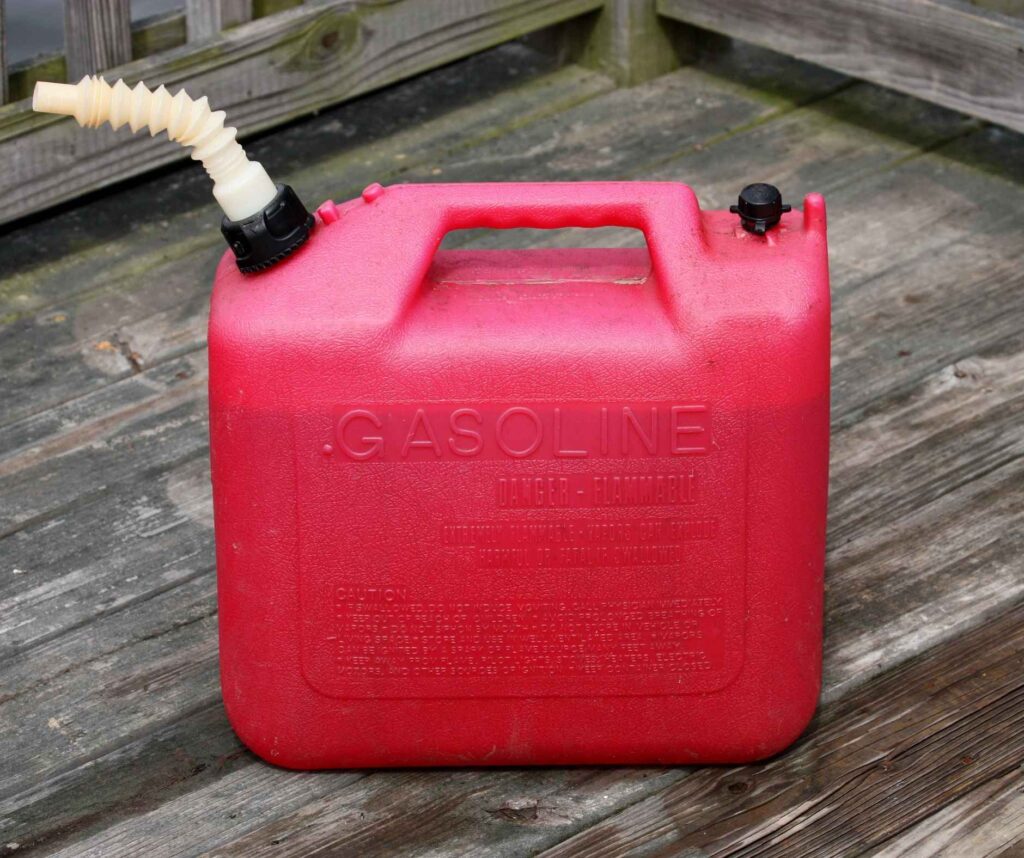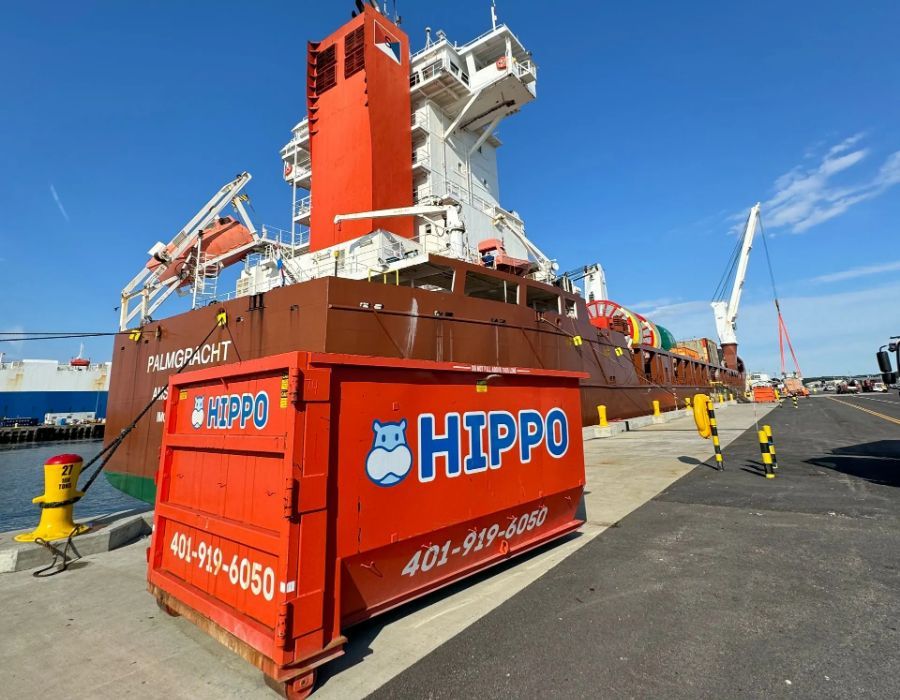Why are electronics banned from dumpsters?
Electronics like TVs, computers, and phones contain heavy metals such as lead and mercury. These materials can leak into the ground and contaminate soil and water supplies. Most cities have e-waste recycling programs that allow you to safely dispose of these items.
-
Electronics are often considered hazardous waste
-
Many states ban e-waste from landfills completely
-
You can donate, recycle, or return some devices to manufacturers
Instead of tossing them in a dumpster, take your old electronics to a local recycling center or drop-off event.

What chemicals are considered hazardous waste?
Hazardous chemicals include anything flammable, corrosive, toxic, or reactive. Common household examples are bleach, pesticides, solvents, and pool chemicals. These items can cause fires, release fumes, or pollute water if placed in a dumpster.
It’s important to read product labels carefully. Look for warnings like “danger,” “caution,” or “poison.” Your local waste authority may offer special drop-off days for these materials. Never mix chemicals, and don’t assume something is safe just because it’s in your garage.
Can paint cans be thrown away if they’re empty?
Most of the time, empty paint cans can be thrown away—but only if they’re completely dry. Wet paint is considered hazardous because it contains volatile organic compounds (VOCs) that are harmful to breathe in and can damage the environment.
-
Let leftover paint dry by removing the lid
-
Mix in cat litter or sawdust to speed up drying
-
Once dry, dispose of the can through your regular trash or recycling
Never pour liquid paint into a dumpster or down the drain. Look for local paint recycling programs that accept partially full cans.
How to properly dispose of old appliances
Appliances like refrigerators, stoves, washers, and dryers often contain metal parts, coolants, or oils that are not safe for dumpsters. These materials require special handling and disposal processes.
Many junk removal services will haul them away for you, or you can take them to a scrap metal recycling center. Utility companies sometimes offer rebates for recycling working appliances. Be sure to remove doors and unplug them before disposal to keep everyone safe.
What to do with leftover gasoline or oil
Fuel and oil are extremely flammable and should never be placed in a dumpster. Even small spills can start fires or contaminate the area. These substances must be taken to a hazardous waste facility or an auto parts store that accepts them.
-
Store fuels in approved containers
-
Check with your city for disposal drop-off points
-
Never mix oil and gas with other trash
Improper disposal of fuel is not only dangerous—it’s illegal. Always use a certified center for safe fuel disposal.

Can you throw away fluorescent light bulbs?
Fluorescent bulbs contain small amounts of mercury, which is a toxic metal. If broken, these bulbs release harmful vapors that can affect your health and the environment. Because of this, you should never put them in a dumpster.
Most hardware stores offer recycling bins for bulbs, and your local waste department might host hazardous waste days where you can drop them off. Be sure to handle bulbs carefully to prevent breakage and keep them in a sealed container for transport.
Conclusion
Knowing what items should never go into a dumpster helps protect your wallet and the planet. From electronics and appliances to chemicals and light bulbs, proper disposal ensures safety and keeps you in compliance with local laws. Always check with your local waste services before throwing away questionable items, and choose eco-friendly disposal methods whenever possible.




